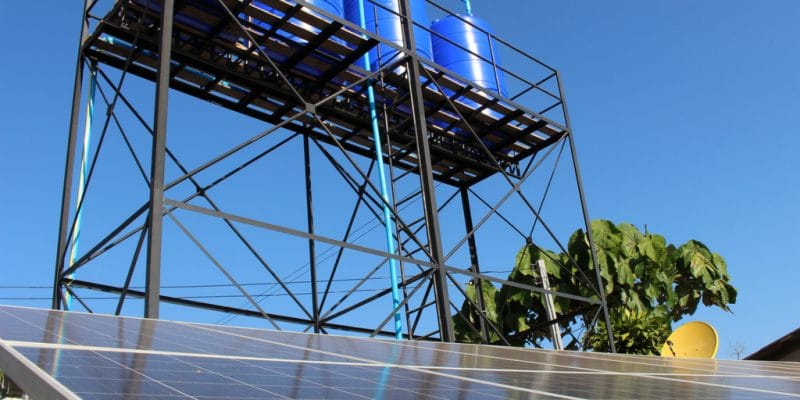Mauritania has been granted a loan by the International Development Association (IDA), a subsidiary of the World Bank Group. The $44 million financing is intended for a drinking water and sanitation project in rural areas and small towns.
The water and sanitation sector project in Mauritania is receiving funding from the International Development Association (IDA), a subsidiary of the World Bank that supports economic development in low-income countries. The package is allocated in the form of a loan of $44 million. The aim of the project is to improve the supply of drinking water and access to sanitation services in rural areas and small towns in Mauritania.
The Mauritanian government’s project targets the regions of Gorgol, Guidimakha and Assaba. In small towns and villages, the government plans to install 70 drinking water supply systems and 25 mini water supply systems. One water supply system will thus supply a community of 600 people. Each system will operate with a hybrid solar system to reduce operating costs.
Water supply systems for refugee camps
In the rural areas of Gorgol, Guidimakha and Assaba regions, the water and sanitation sector project will also rehabilitate existing water supply systems. The 128 rehabilitated facilities will then be equipped with solar-hybrid systems. The management of the systems will be outsourced to local private companies. The Mauritanian government also plans to rehabilitate water supply systems in 20 small towns. Management of these facilities will also be transferred to private operators.
The water and sanitation sector project will also benefit refugees, particularly those in the Hodh Echargui and Hodh El Gharbi camps, which accommodate Malians who have fled the exactions of the terrorist groups that abound in northern Mali. A total of 74 mini-WSSs will be set up in the two refugee camps. The 43 existing systems in the communities hosting these displaced persons will also be rehabilitated. All of the facilities will also be equipped with solar hybrid systems.
Latrines to prevent open defecation
According to the International Development Association (IDA), with its funding, 473,000 people will benefit from an uninterrupted supply of drinking water, both in villages and in refugee camps. The development of these facilities is expected to proceed more quickly than originally planned, to enable hand washing, especially in the refugee camps. A gesture that is now essential to counter the spread of Covid-19, which is also affecting Mauritania with eight confirmed cases.
The water and sanitation sector project will also construct 386 latrines and hand-washing facilities in schools, health centers and markets. According to the World Bank, the new latrines will prevent groundwater contamination by providing local communities with an alternative to open defecation. New latrines will also be built in the refugee camps of Hodh Echargui and Hodh El Gharbi.
Jean Marie Takouleu






